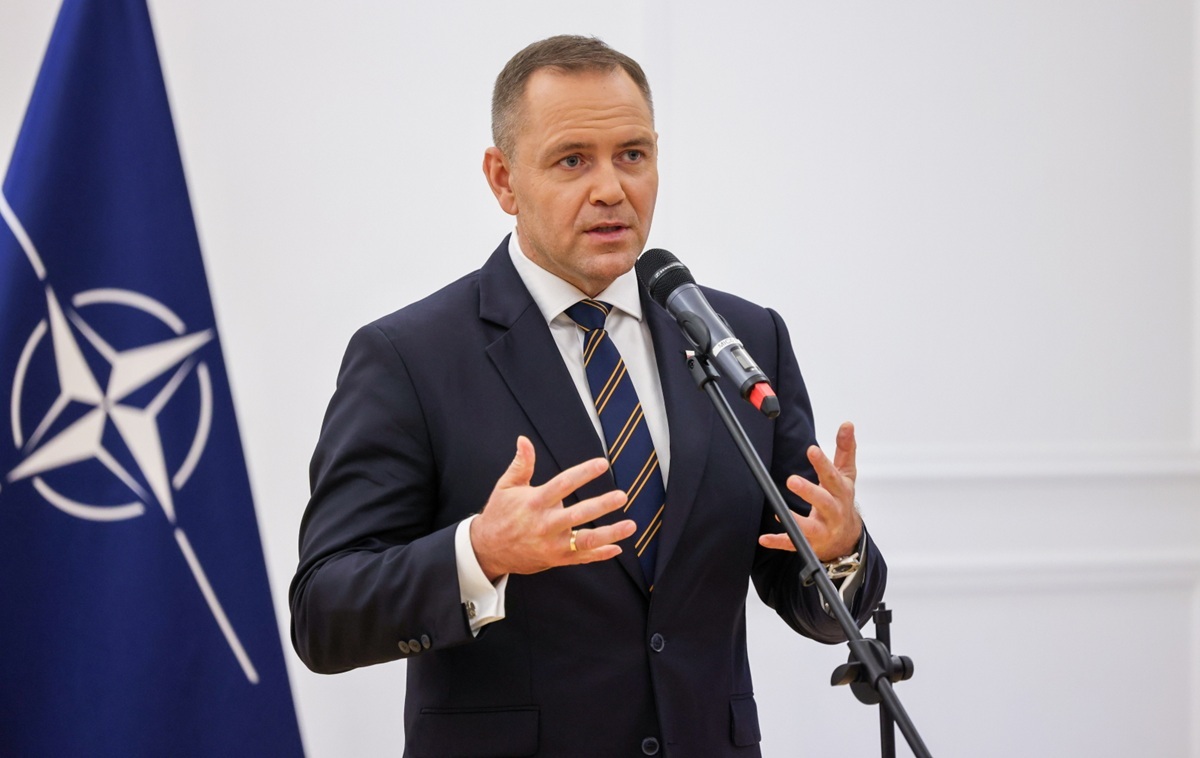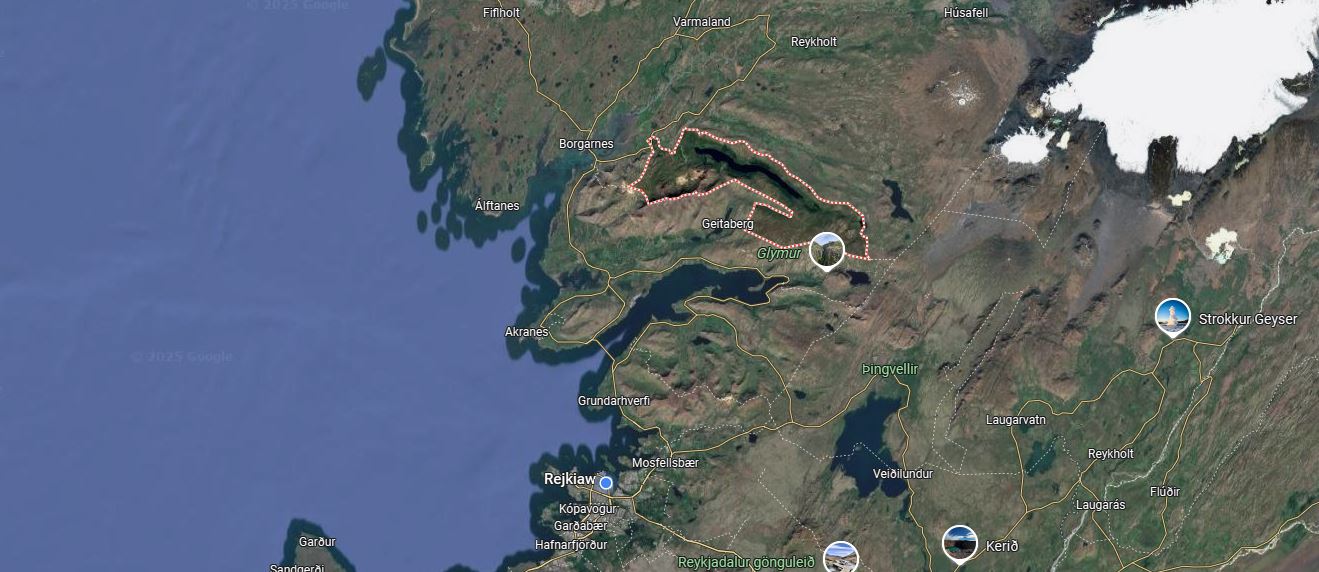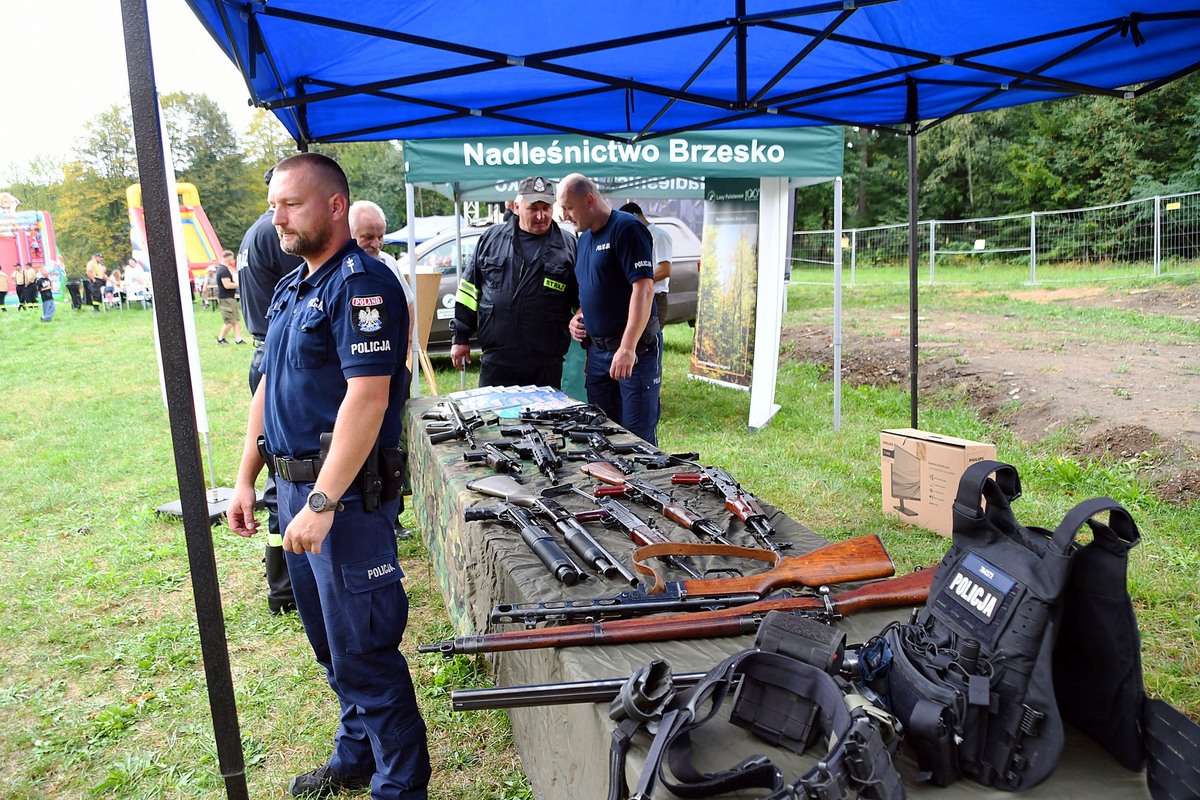The utmost right-wing, national-conservative and populist parties are gaining further footholds in European parliaments. Their growth is no longer just a protest against the elite, but increasingly means real participation in power. What is the link between these groups — and why are they so effective now?
 Photo. origin of YouTube Screenshot
Photo. origin of YouTube Screenshot
Different calculates 1 trend
In Italy, the Italian Brothers Giorgia Meloni, with postfascist roots, effectively served both the centre and periphery of the electorate, forming a government as early as 2022. In Austria, the Freedom organization (FPÖ) won the election in 2024 with 29% of the vote, but was blocked by the centre coalition. In 2025, however, talks are already underway with the ÖVP, which could consequence in the creation of the first government since planet War II with the dominant power of the far right.
In the Netherlands, Geert Wilders, a declared opponent of Islam and the European Union, won 37 seats in the 2023 election. His government, made up of centre-right partners, collapsed in June 2025 due to a dispute over migration policy. There's another election run ahead of the country.
In Germany, the German alternate (AfD) doubled its score, reaching 20.8% in the February national election. Although the organization was qualified by the service as a ‘extremist force’, it became the second force in the Bundestag.
Similar changes can be seen in Portugal, where Chega gained 22.6%, as well as in France — The Marine Le Pen National Assembly dominated the European Parliament elections in 2024. In Poland, extremist candidates won over 20% in the first circular of presidential elections. Sławomir Mentzen of the Confederate gained 14.8% and yet won Karol Nawrocki (PiS), scoring 50.9% in the second round.
Passwords that unify
The common denominator of these groups is opposition — to migration, European integration, alleged "woke ideology", and sometimes to support Ukraine. As the data cited by the BBC and independent polls show, it is young men (18-29 years old) who are most susceptible to narratives about “normality”, “order” and “national identity”.
In Poland Sławomir Mentzen won as many as 35% of the vote in the youngest group of voters, ahead of both the left and liberals. In Germany, AfD advocates “remigration” — mass deportations — gaining support among the young working class as well.
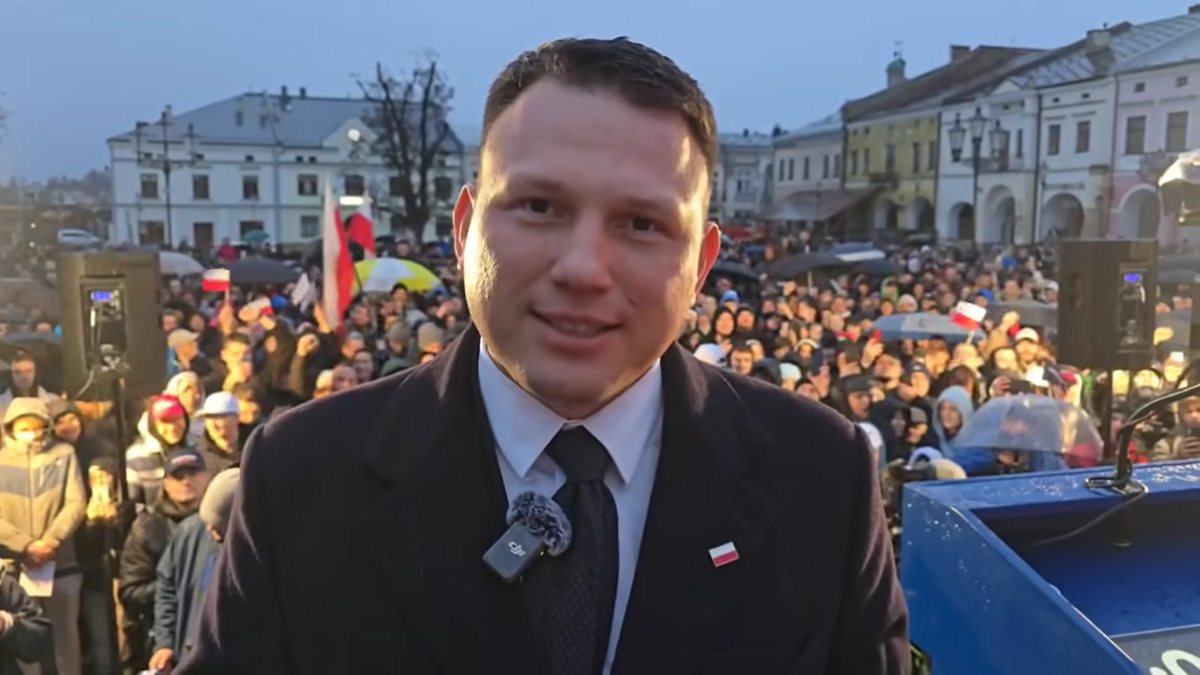
Sławomir Mentzen. Photo: Facebook, slawomirmentzen
Hungarian Prime Minister Viktor Orbán at the convention in France in 2024 warned: "We will not let migrants to destruct our cities and security." Marine Le Pen repeated: "Not for anarchical, unlimited immigration". Only recently, specified statements were the domain of the margin. present they are quoted from the speakers of the Europarliament.
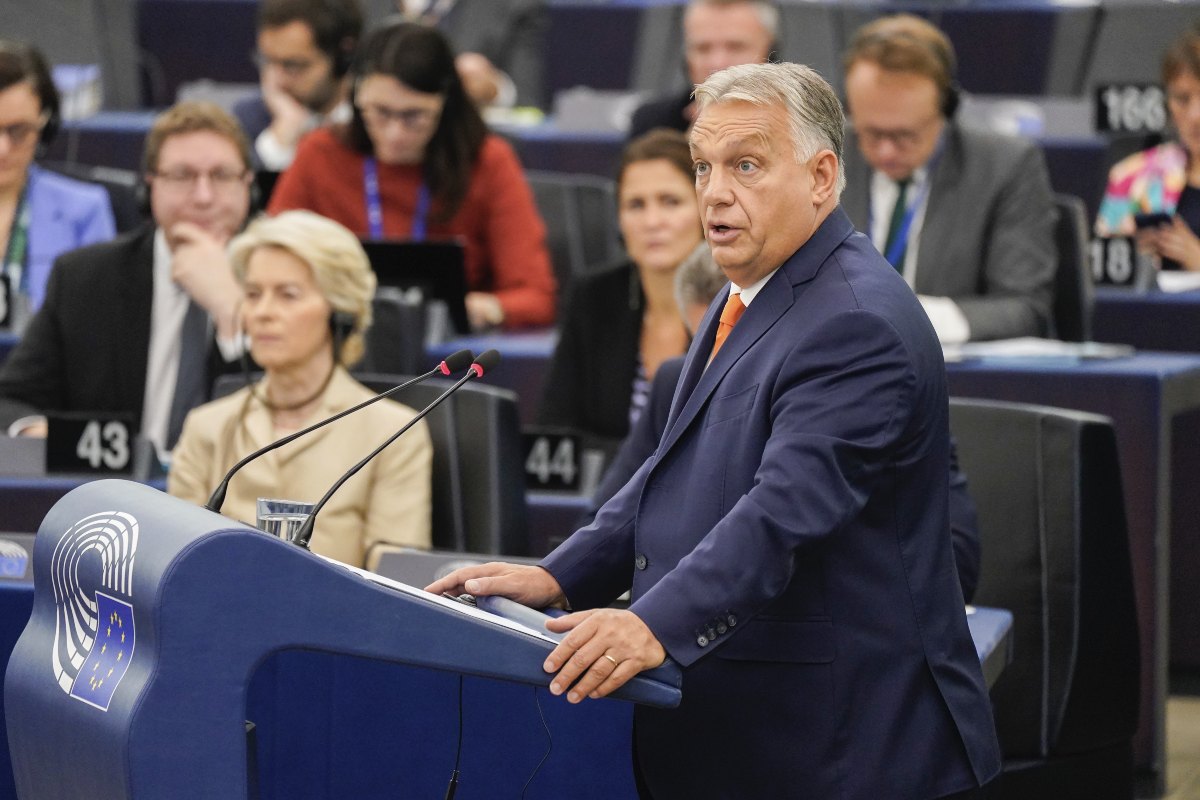
EP Plenary session – Council and Commission statements – Presentation of the programme of activities of the Hungarian Presidency
Why now?
Increasing support for extremist groups is not just a question of rhetoric. Experts point to a number of factors: the demographic crisis, social uncertainty, expanding inequality and weakening assurance in institutions.
Europe is ageing and shrinking. Immigration is crucial for the labour market, but raises cultural and economical concerns. The sides of the far right effectively exploit this conflict — between the economy and identity.
Social media have become an perfect environment for expanding the popularity of these narratives. Emotions, simplifications and a sense of siege are better resonated on TikTok or X than the nuanced transmission of center parties. In 2025, the AfD and FPÖ campaigns actively utilized platform algorithms supported by Elon Musk, which brought them measurable electoral benefits.
Threat or fresh normality?
Not all analysts consider this trend a threat. There are voices that this is simply a natural phase in the ripening of democracy: fresh parties are learning compromise, entering the strategy and softening. Others inform that normalisation of the utmost right leads to erosion of liberal values: restrictions on number rights, attacks on freedom of speech and questioning the independency of courts.
In Germany, where AfD is the second political force, the president of the Constitution Protection Office in Thuringia Stephen Kramer says directly: “When the enemy reaches to its roots, democracy is in the top danger.”
Russian shadow
In the background there is another component of this puzzle: support from Russia. According to an analysis of think tanks and intelligence services, Moscow actively supports far-right parties to destabilise the European Union. As Kacper Gauntlets from the global Centre for Counter-Terrorism in The Hague emphasizes: "Russia supports anti-systemists due to the fact that it knows that they will weaken the unity of Europe".
In 2025, evidence appeared to fund AfD and FPÖ by the Kremlin-related media platform Voice of Europe. At the same time, leaders specified as Orbán and Le Pen request the end of support for Ukraine and normalization of relations with Russia. Italian Prime Minister Giorgia Meloni retains a pro-western course, but her organization flirts with Euroscepticism.
The tallness of the far right is the consequence of the interplay of social frustration, cultural fears and erosion of assurance in liberal democracy. Parties specified as AfD, Vox or the Confederacy are no longer just "anti" but are actually active in policy-making. Their success depends not only on themselves but besides on how those who have dominated the European democratic order will respond.
DF, thefad.pl / Sources: BBC, The Guardian, CFR, Politico, Wikipedia (election data 2025)




